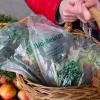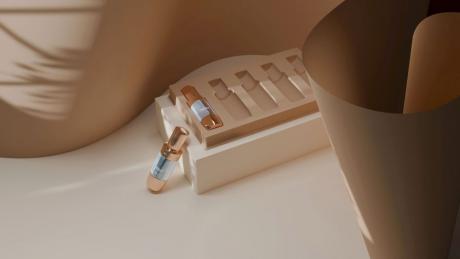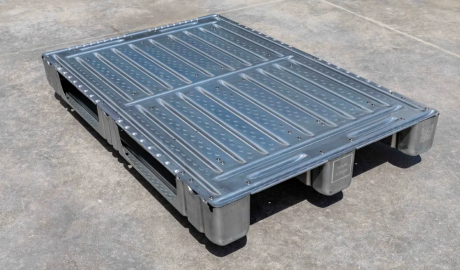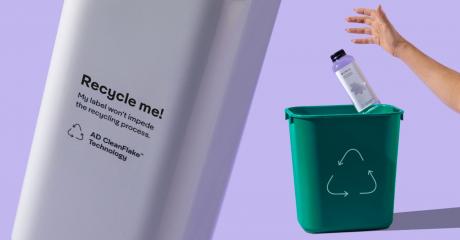A partnership between the US packaging producer Berry Global Group, its customer Tchibo and its feedstock supplier Neste has achieved a game-changing development in the coffee capsule market with the introduction of a capsule made from renewable sources that do not compete with food.
German coffee producer Tchibo collaborated with Berry to elevate the sustainability of their existing Qbo brand coffee capsules through using polypropylene (PP) made from renewable raw materials for manufacturing.
To improve the sustainability of its Qbo brand, Tchibo therefore sought to optimize the material in its capsules. Working with Berry and Neste, the result is the launch of an innovative coffee capsule that is produced from identical types of polymers, which instead are made by using bio-based raw materials such as waste and residue oils and fats, for example used cooking oils.
A life cycle assessment by the Technical University of Berlin, carried out in compliance with ISO 14040/44, has shown that the conversion of the Qbo capsule material results in around 35% fewer CO2 emissions.
Marius-Konstantin Wiche, Development Manager, Capsule and Innovation at Tchibo explained:
We are pleased to offer Qbo capsules made of PP, now produced from 70% renewable raw materials. This makes the entire Qbo range one of the most sustainable capsule systems on the market.
The renewable materials are supplied via a mass balance approach, certified by the International Sustainability & Carbon (ISCC PLUS) system. Mass balance certification enables the proportion of bio-based raw materials used in the production value chain to be mathematically assigned to the final product, so that this can be advertised on the packaging. The certification therefore provides full traceability throughout the supply chain, from raw materials to finished coffee capsule, as well as sustainability validation of the raw materials.
Importantly, the renewable solution offers the same quality and properties as conventional ones, meaning the new capsules provide an identical performance and product experience. In addition, the renewable feedstock can be easily introduced into existing production lines with no changes required.
The company focused on replacing the raw materials for the capsules, not the PP itself. The renewable materials go into producing PP polymers with the same quality as virgin PP.”
Berry combined its sustainability leadership in the selection of the right qualified raw materials with its technical skills for the efficient manufacture of the capsules to accelerate the conversion to a more sustainable, circular solution. The Company’s expertise in design for circularity allows for multiple potential solutions to be developed for the future manufacture of coffee capsules, thanks to its ISCC PLUS certified site in Bremervörde, Germany. The ISCC PLUS certification not only ensured that food contact approval was granted for the new materials, but also allows for the quick transition to additional applications over time.
For the US company, the introduction of the new capsules supports its recently announced commitment to achieve 30% circular plastics use across its fast-moving consumer goods packaging by 2030 as the Company envisions decoupling from virgin plastic and fossil fuels in the long term.








